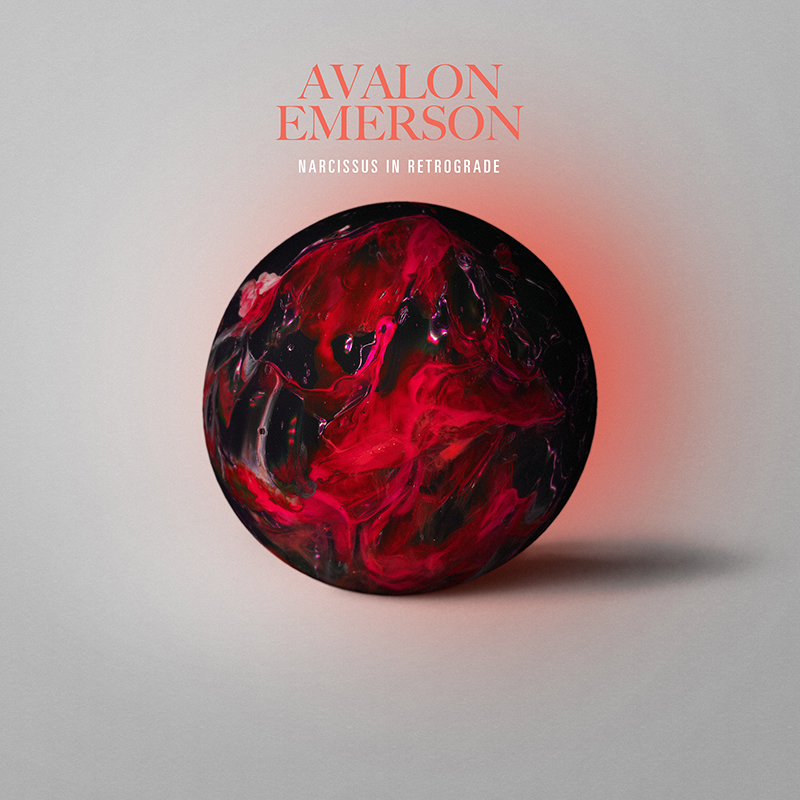Avalon Emerson first featured on Truants in early 2014, with a Truancy Volume that coincided with her debut release. It was a bold statement of a mix, with one comment saying “No one plays, let alone OPENS” with Andrew Weatherall’s remix of “Papua New Guinea”. Since then she’s put out four more records, each even braver and more interesting than the last. A peak of sorts was reached this year with “The Frontier”/”2000 Species of Cacti” on Whities 006, two storming tracks that evoked the arid landscapes of her homeland in Arizona. “The Frontier” was a flurry of perpetual motion, conjuring up images of exhilarating desert travel by horse or train. It’s such a powerful track that it would always be difficult to follow.
Her newest release, Narcissus in Retrograde on Ghostly International’s sister label Spectral Sound, feels very much like an Avalon Emerson record, but with a different emotional direction. From the very beginning, since “Pressure”/”Quoi!”, her productions have been built with dense layers of sound that are strong and intense, without ever overpowering each other. Speaking to Aurora Mitchell for The Quietus, Emerson said that this release, and particularly the opener “Natural Impasse”, was a tonal follow-up to “The Frontier”. In some ways this track fits alongside that first release, with its buzz-saw synths and playful riffs and samples. That’s not to say there’s been any regression, but rather her vision has been consistent while her style and approach has become more refined. “Natural Impasse” builds steadily, with choppy blocks added gradually to the mix. It’s somehow both rugged and gentle, a fierce percussive stomp counterbalanced by dainty melodies. Its closing passage feels a little too extended, an understandable necessity for the club, but a little wearing for the casual listener.
There’s a moment about three minutes into “Dystopian Daddy” where, following a small stuttering drum fill, a bright and expansive synth wash opens up, in contrast to the chirpy and almost frivolous line that’s come before. The contrast is shocking, a jolt from senseless fun to emotive introspection – on a grand scale. It’s as emblematic of Emerson’s ability to convey a range of emotions and ideas in a single moment as anything in her discography to date. “Why Does It Hurt”, while intense and gnawing in its own way, is the most restrained, the least busy even. A constant throb of bass and the repeated words of the title meet crashing hi-hats and carefully placed claps as it pulses forth with a singular focus on depth. On the other hand, “Groundwater” is a stunning and confounding conclusion. Heavy with mechanical energy, it thumps and burrows with earth-shattering intensity, atonal and lacking in any beauty, instead hammering forth in techno hell. It’s the slowest of the four tracks, yet it’s somehow the wildest.
Following from the highs of Emerson’s Whities release, the four tracks on Narcissus in Retrograde show a continuation and enrichment of Avalon Emerson’s methods and music in 2016.
Avalon Emerson – Narcissus in Retrograde is out now.




